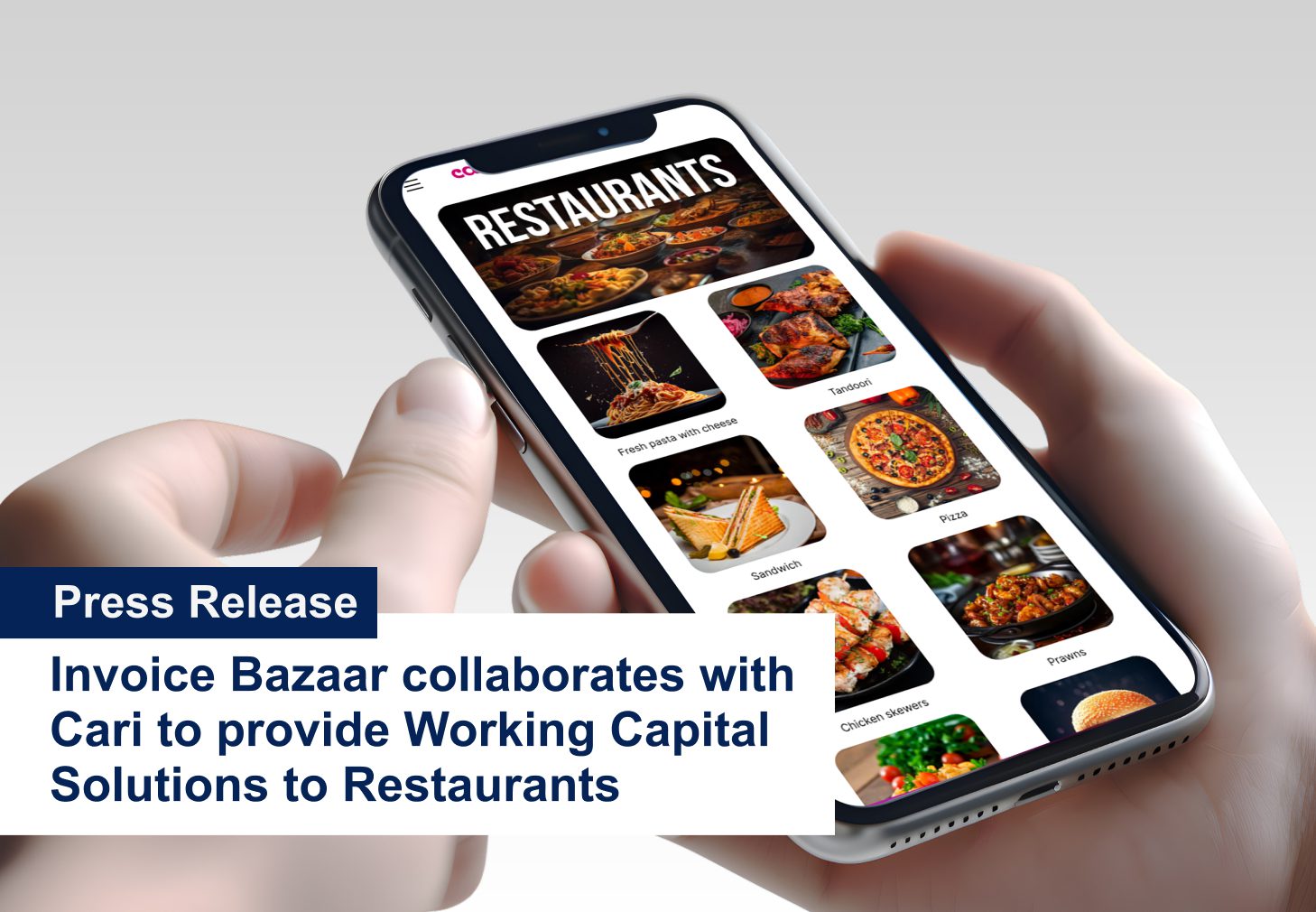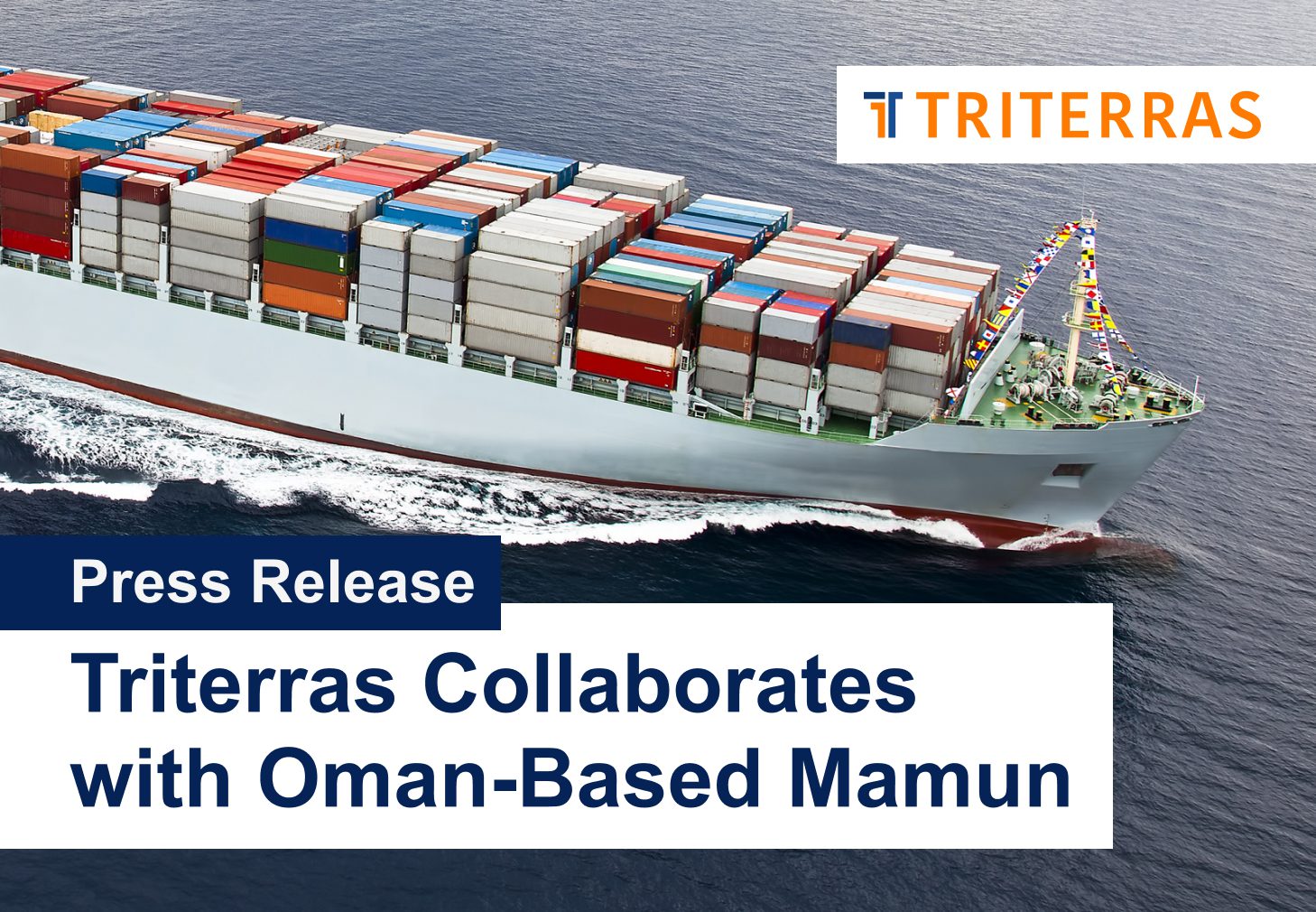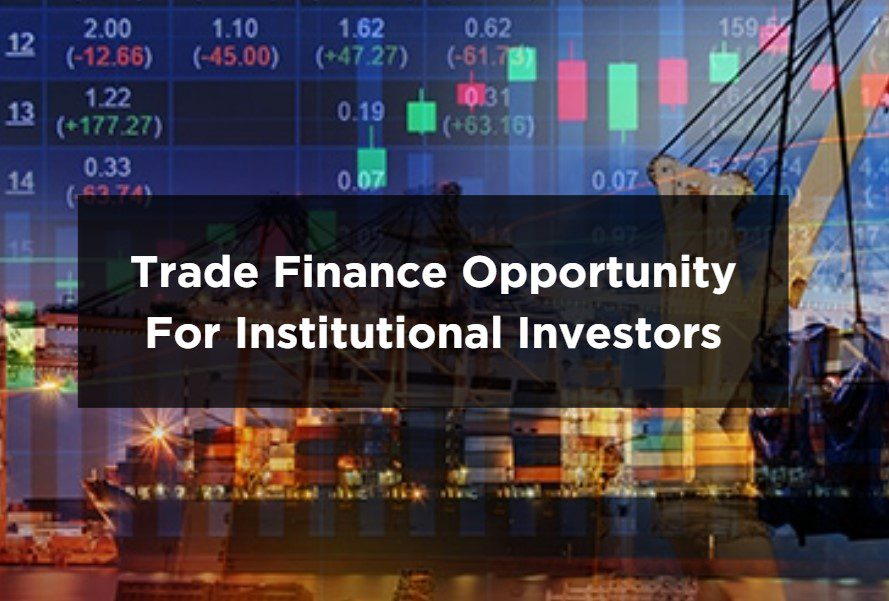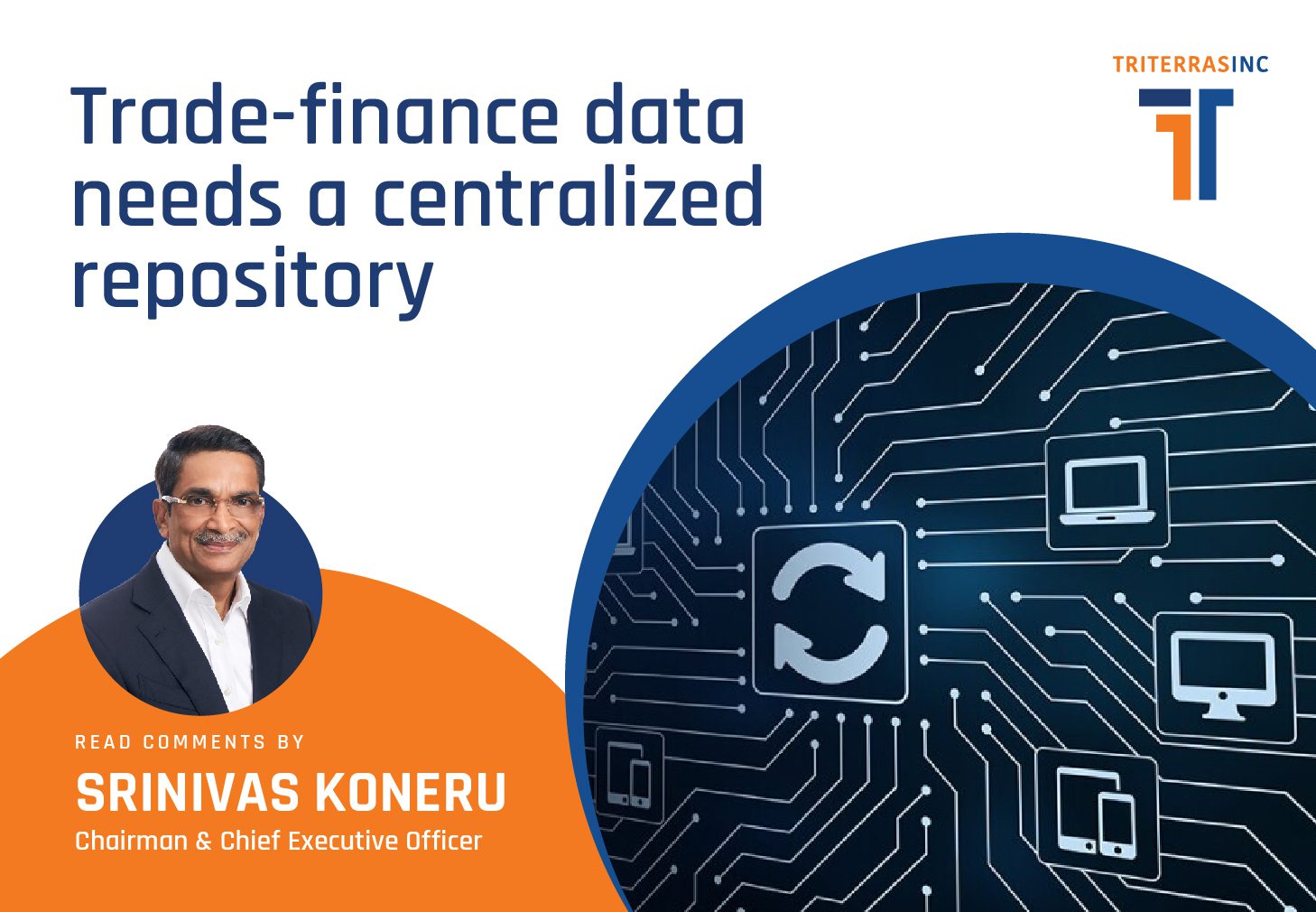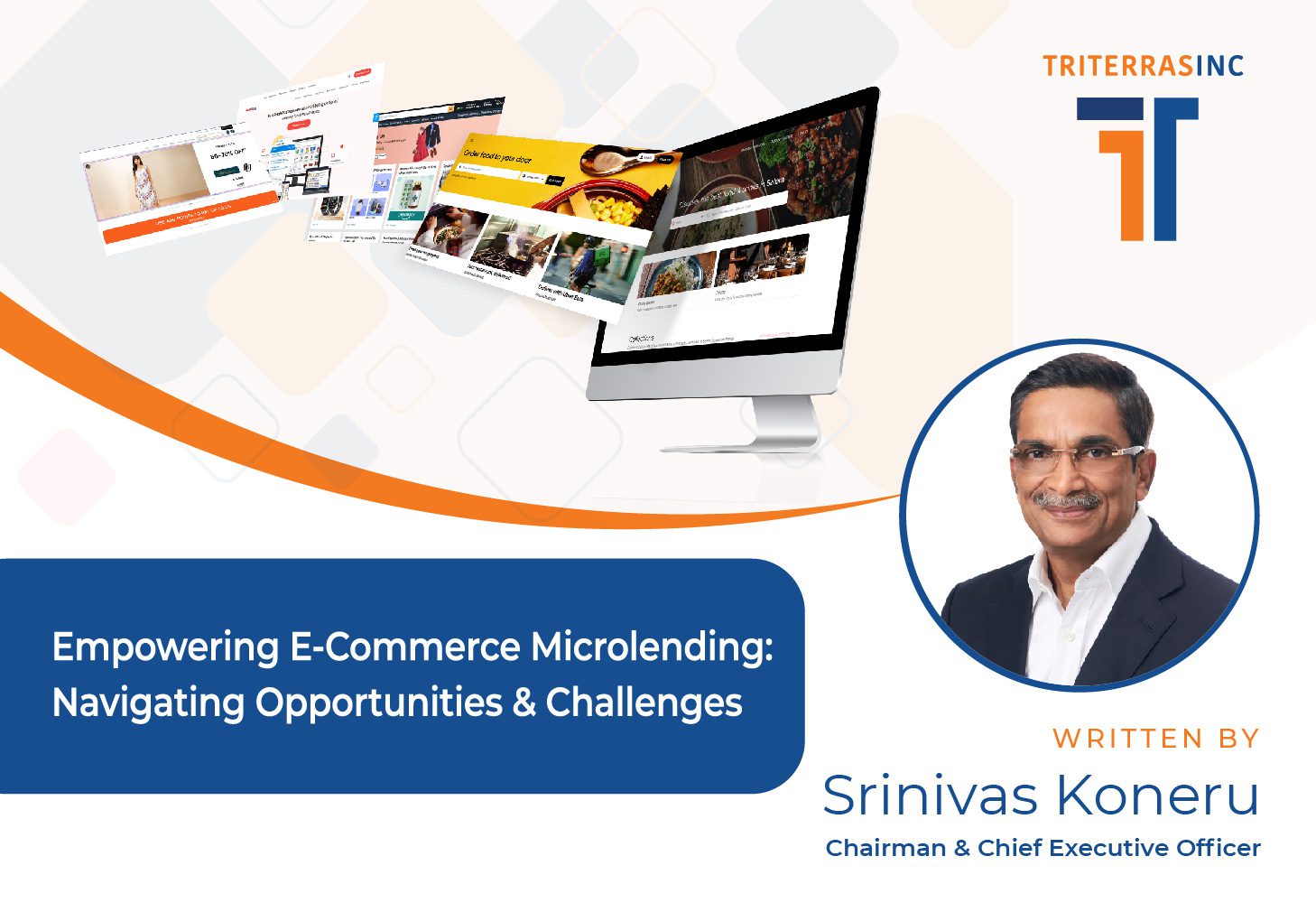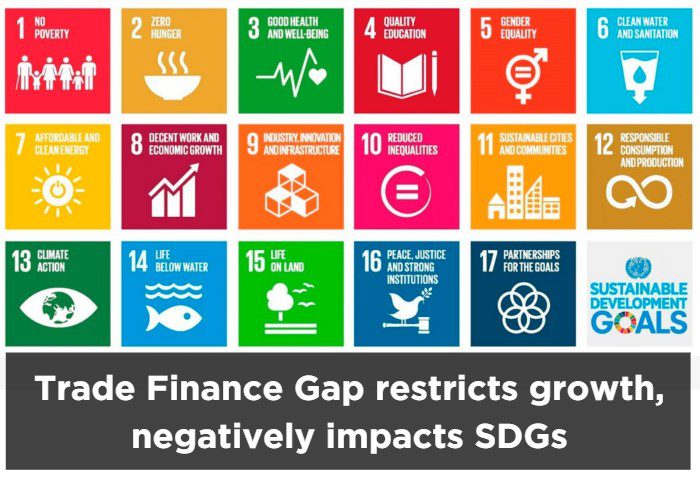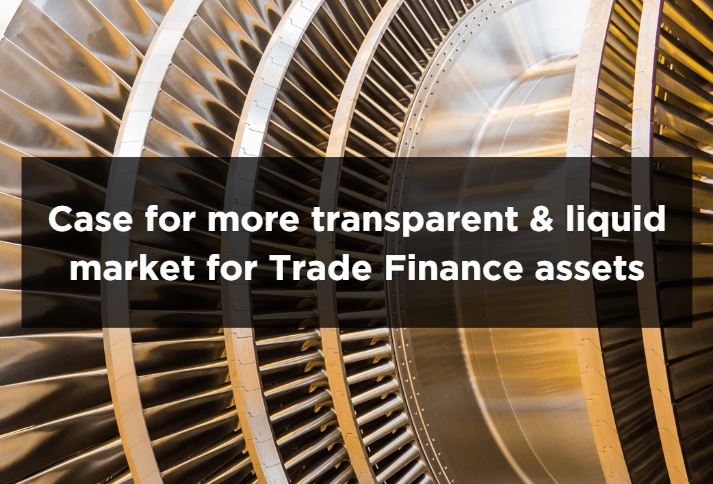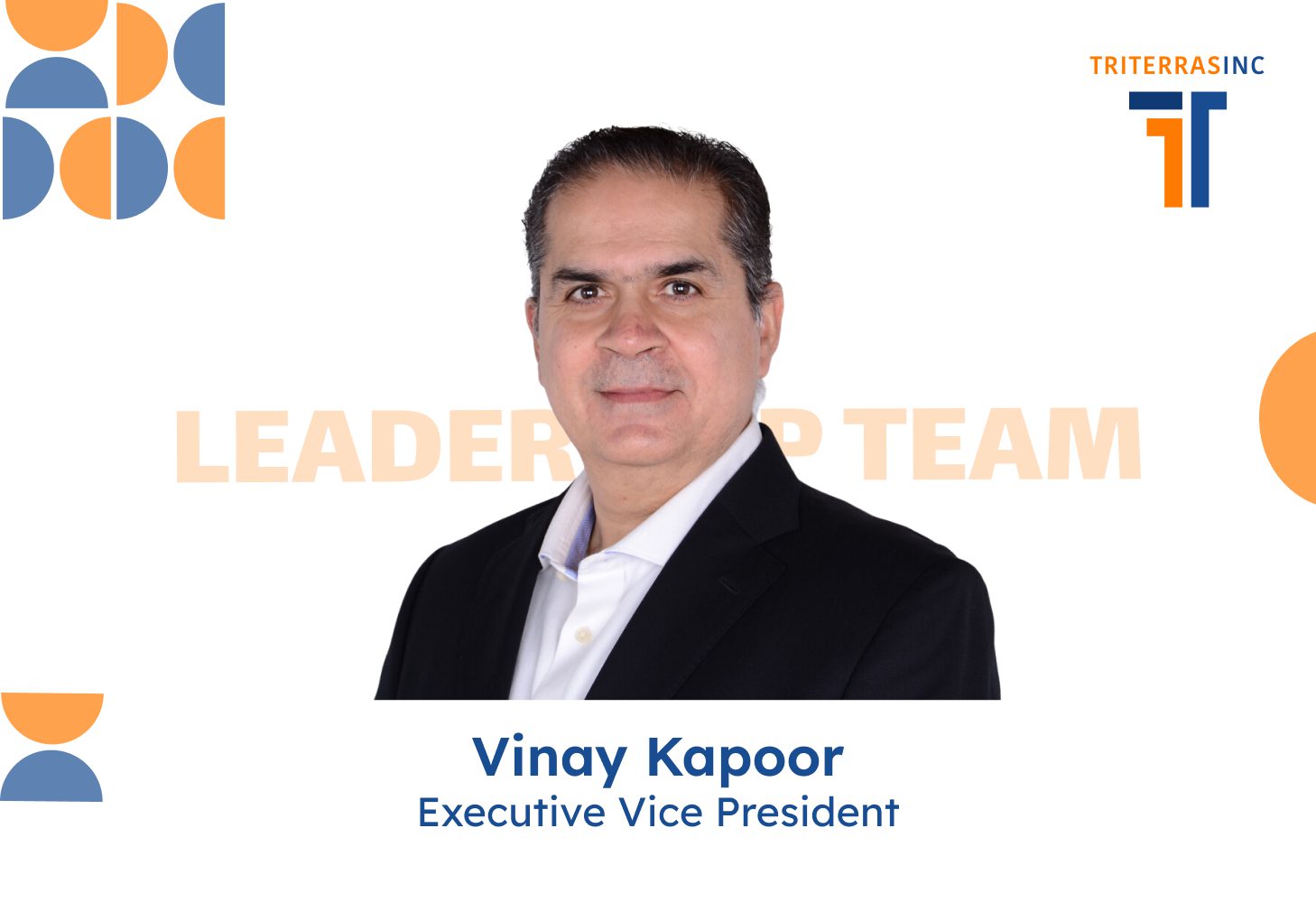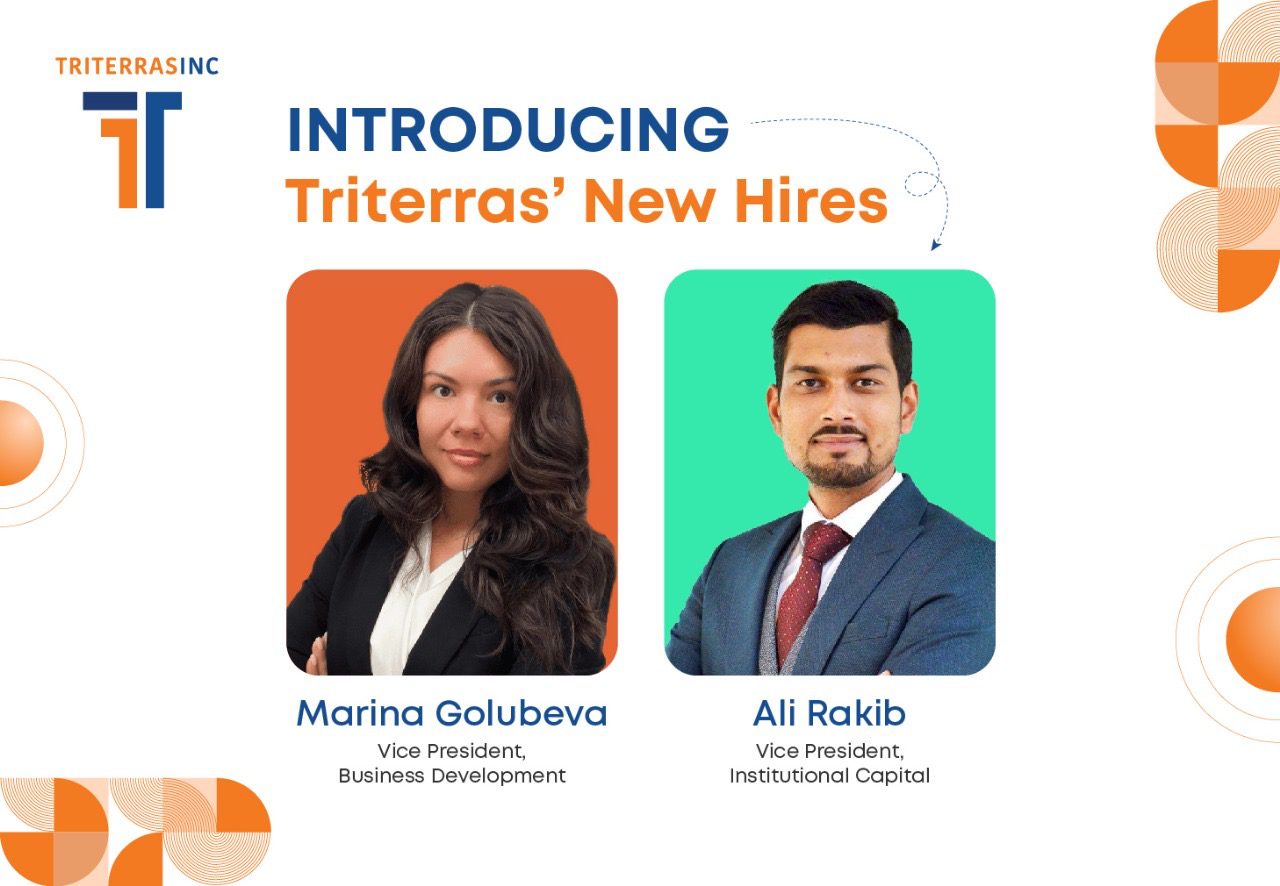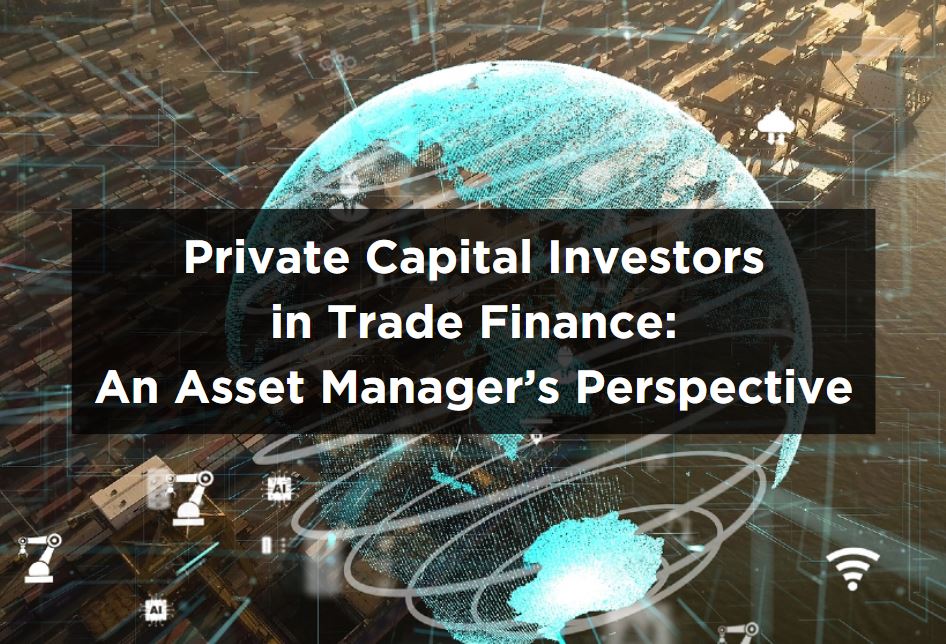Going back to a full-time job and working for someone else is more common for an entrepreneur than one might think. It may be a voluntary step or one compelled by circumstances. It is common for solopreneurs who aspire to acquire new skills and forge new worker and client contacts. It can also be a fallback for a small business owner whose business may have been sold off, failed, or become unviable. Such scenarios are quite common and may have little to do with the entrepreneur’s abilities, wisdom, or success.
Think, for instance, the fate of owners of horse stables after people switched from horse carriages to cars as the development of technology made carriages obsolete. Or think about thousands of small businesses brought to their knees during the Covid-19 pandemic, natural disasters, or irrevocable market shifts. Businesses can fail or become obsolete or may be sold off for many reasons, and most of them are not due to the wrong strategy or lack of personal abilities on the part of an entrepreneur. So, if you need to get back to a job, do it with your head held high and welcome the questions you’ll face.
Furthermore, once you have decided to take up a job after being an entrepreneur, here are the things you need to do. There are two parts to this: finding and getting the right job and adapting to the new workplace by forgetting that you were once a business owner. In both cases, you first have to decide whether you should continue to identify as an entrepreneur. And if you do, how would you do that? There’s no question of dissociating yourself from your past, which is one of your greatest strengths. You know why a business can fail and what needs to be done to make it succeed. An employee with such an understanding can be a great asset to every employer.
The only thing you need to be careful about is that while it’s okay to identify yourself as a former entrepreneur, it is not okay to identify yourself as a former employer. When you think of finding and getting a job, you are usually in a firefighting situation. One of the quickest ways to ensure your survival and livelihood in such a circumstance might be to reach out to business contacts with whom you have had an excellent rapport. They already know your strengths, skills, and weaknesses and would be ready to refer you or even give you a job.
If networking doesn’t work, or you are not keen to go down that path, you’ll have to take the traditional route of getting a good job. That will include updating your resume, searching for jobs, contacting HR and recruitment agencies, preparing for job interviews, putting in good interview performance, and getting selected for the job. Know that your history as an entrepreneur can help you stand out in all these activities. You are used to wearing many hats. You are used to taking ownership and accountability for your work. You are aware of the importance of each business task in relation to customer satisfaction. And you are experienced in taking risks, creative thinking, and problem-solving. That’s a formidable list of qualities that any employer would seek.
However, to get that job, you’ll have to demonstrate to potential employers how your experience can help their companies and that you are willing to learn new skills and adapt to the new workplace. You’ll also have to convince your prospective employer that you are a team player and do not carry any emotional or psychological baggage of being a former boss. In your curriculum vitae, highlight the skills you have acquired during your entrepreneurial journey. Delineate how you have managed projects, made decisions independently, and handled finances successfully. Also, keep tweaking your CV according to the job you are applying for and emphasize the skills more relevant to your new employer.
At the stage of an interview and getting and joining a job, be fair and above-board with your new employer about expectations. Understand that while you are a more significant asset than average candidates, you are also a much bigger risk because allowing you to enter a setup can also mean you might be leaving with a few key employees for your next venture. You should never overlook or dismiss that kind of apprehension that potential employers may have in their minds. That may be one of the critical issues you will have to deal with. For this, everywhere, from resume to interview, tone down your role as a former company owner and stress your desire to work as part of a team.
Never play the blame game when asked about the reasons for closing down your business venture. Rather be stoic and diplomatic about questions on those points and avoid blaming others or certain factors for the failure of your business. Your real challenge is convincing your potential employer that you won’t hurt their business in any way but would prove to be an asset with your outstanding performance on the job. Finding a job will be easy for you, but getting it and keeping it would entirely depend on focusing only on the skills you have learned and will learn, not on the important roles you have played in the past.






